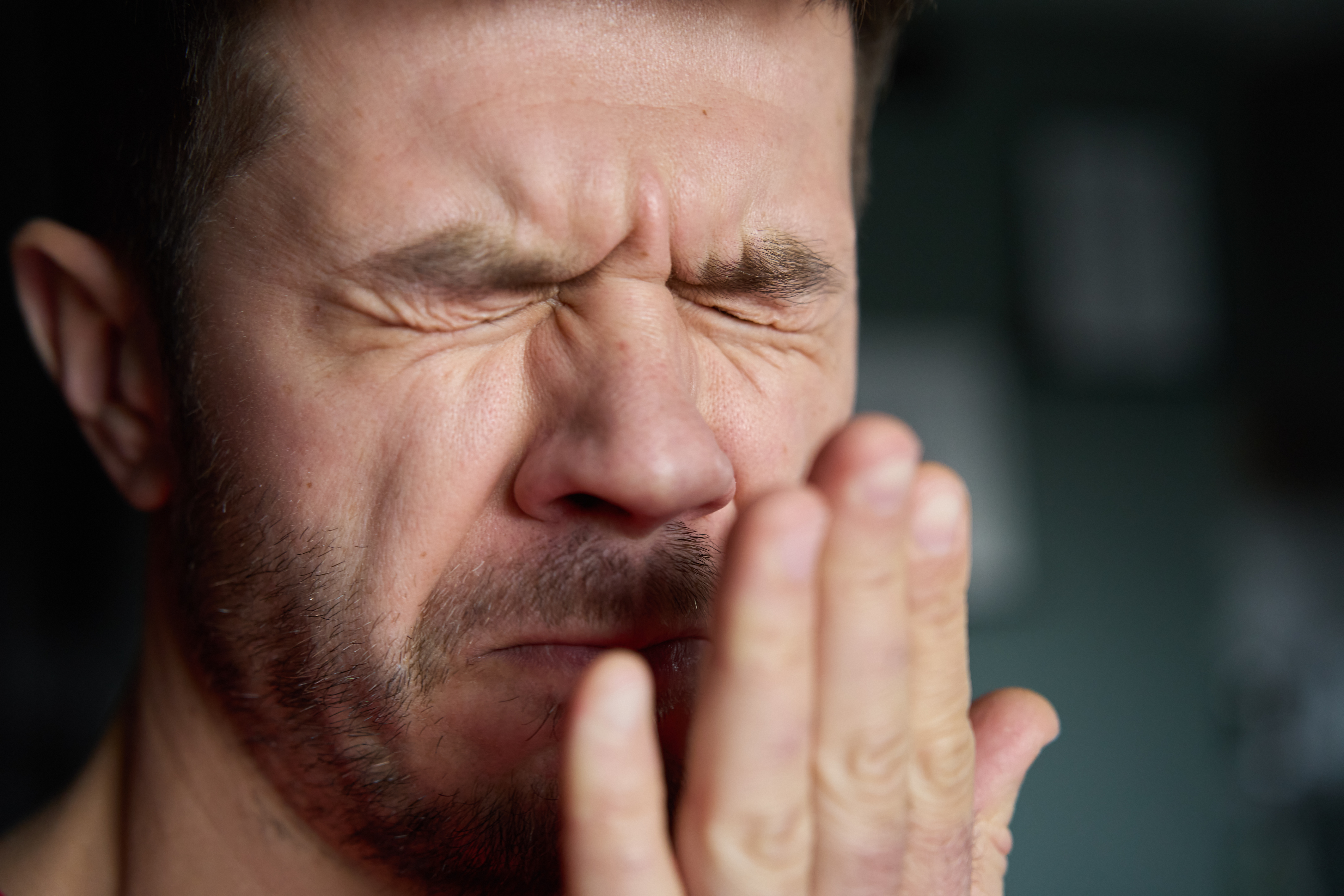When High Cholesterol Becomes Dangerous: Signs You Should See a Doctor
23. Sleep Disturbances: The Cardiovascular Connection

If you're struggling with insomnia or restless sleep, your cholesterol might be the surprising culprit. High cholesterol can contribute to the narrowing of blood vessels, which can impact the quality of your sleep. In some cases, it can be a contributing factor to sleep apnea, a condition where breathing is interrupted during sleep, leading to fragmented, non-restorative rest. The lack of proper oxygenation during sleep can in turn further damage the cardiovascular system. If your sleep is consistently disrupted, it's worth investigating the health of your arteries.
24. Persistent Bad Breath (Halitosis)

While bad breath is often a sign of poor oral hygiene, it can also be a surprising signal from an unhealthy cardiovascular system. When cholesterol builds up in the arteries, it can affect the body's ability to properly metabolize lipids. The resulting toxins and byproducts of this process can circulate through the bloodstream and be excreted through the lungs, causing a persistent, unpleasant odor on your breath. If you've ruled out dental issues, a consistent bad odor from your breath could be a sign that your body's metabolic system is out of whack.
